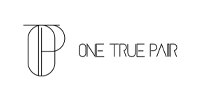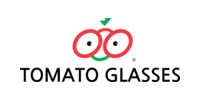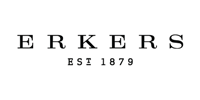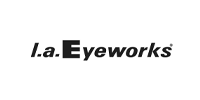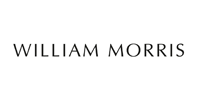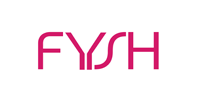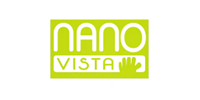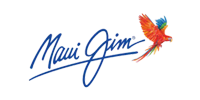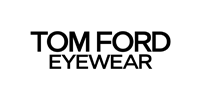What is Myopia?
Myopia, more commonly referred to as nearsightedness, is an epidemic that is on the rise. It is primarily linked to two factors.
Genetics
A child with one myopic parent has a 1 in 4 chance of becoming myopic. The risk increases to a 1 in 2 chance if both parents are myopic.
Lifestyle
Children who spend more time on activities like reading or using handheld devices instead of spending time outdoors are more likely to become myopic.
The Increase of Myopia
In the US, diagnosis of Myopia in children has doubled over the course of just a single generation.
What’s worse, researchers now predict that by 2050 the incidence of Myopia will increase by a further 40% over today’s epidemic-levels of occurrence. This would translate into almost 60 million kids under the age of 17 suffering from Myopia.
As parents, it is alarming to see our child’s vision deteriorate every year. A lot of parents who remember getting glasses themselves worry that it’s just a matter of time before their children need them too. The rate and severity of Myopia are increasing significantly, leading researchers to believe that there are additional contributing factors beyond genetics.
What Are The Risks of Becoming More Myopic?
Age: The likelihood of developing high or degenerative Myopia is higher when Myopia sets in at a younger age.
Parent’s Myopia: There isn’t a definitive hereditary association but research has shown that there is a greater risk of Myopia development if parents are myopic.
Prescription Changes: If your child’s prescription has a history of significant change, their Myopia will likely continue to increase with age.
Close Work: The risk of Myopia progression is usually higher the more the child reads and does near work.
The Dangers of Myopia
We once believed the worst parts of Myopia were declining vision and the need for stronger glasses. We now know there’s more to worry about than the need for thicker glasses.
It has been clinically proven that more severe Myopia leads to a significant increase in the risk of serious eye diseases later in life. These diseases include macular degeneration, retinal detachment, cataracts, and glaucoma, which can all lead to blindness.
Until recently, researchers believed that only advanced cases of Myopia could cause severe eye diseases. Recent studies confirm there is an increased risk of serious eye diseases from any amount of Myopia.
This has lead researchers to believe that no amount of Myopia is safe.
Our annual Myopia treatment program offers our patients the following features and benefits customized to your unique needs.
- All evaluation and training visits
- One-year supply of contact lenses
- All necessary special testing images
- Free contact lenses exchanges if there are prescription changes
- Free contact lens solution when needed
- Specialized axial length measurements with each Myopia treatment progress update
- Free phone consultations with your doctor
- Additional discounts on glasses or sunglasses
Soft Daily Disposable Multifocal Lenses
- Daytime Contact Lens Wear
- Reduces Myopia Progression by 50%
- Soft Daily Disposable Contact Lenses
- Provides Immediate Clear Vision
- Requires Glasses Wear While Not Wearing Contacts
- Requires Contacts Lens Wear of 10 Hours per Day, 6 Days per Week
Orthokeratology Corneal Reshaping
- Nighttime Contact Lens Wear
- Reduces Myopia Progression by 50%
- Custom Fit Rigid Lenses
- Allows Freedom from Daytime Glasses or Contacts
- Requires an Initial Treatment Time for Clear Vision
- Requires Contact Lens Wear of 7 Hours per Night
Annual Atropine Program
- Low-Concentration Atropine Eye Drops
- Drops Are Administered At Night Before Bed
- Reduces Myopia Progression By Up To 50%
- Well Tolerated With Minimal Side Effects

